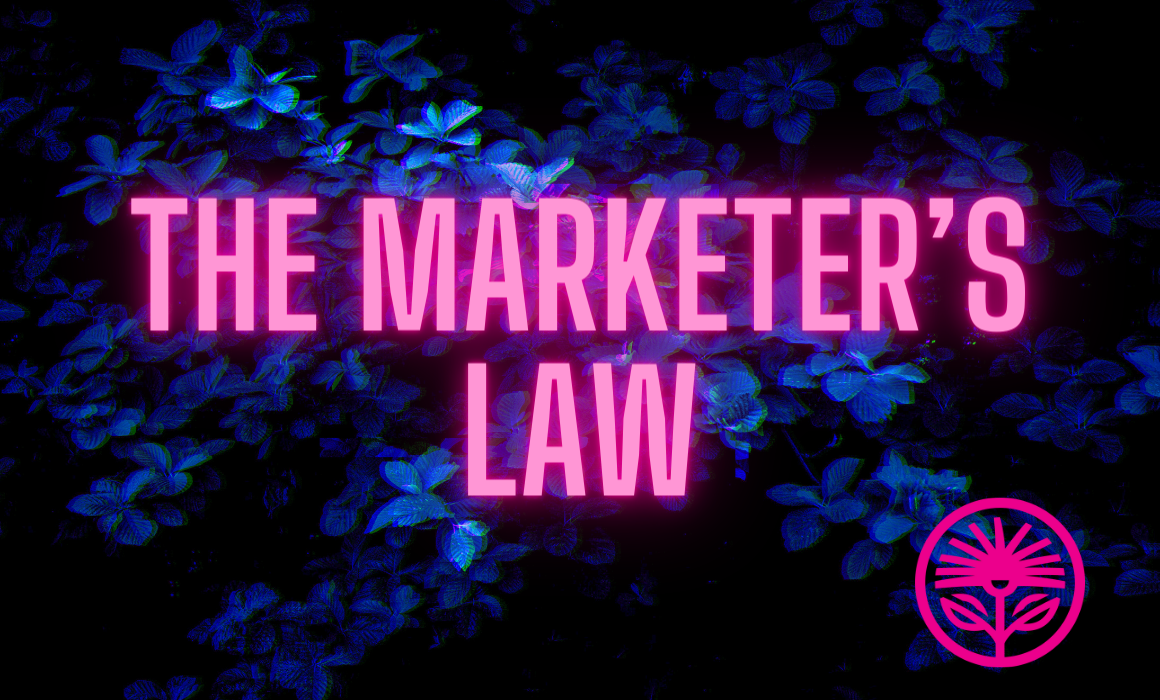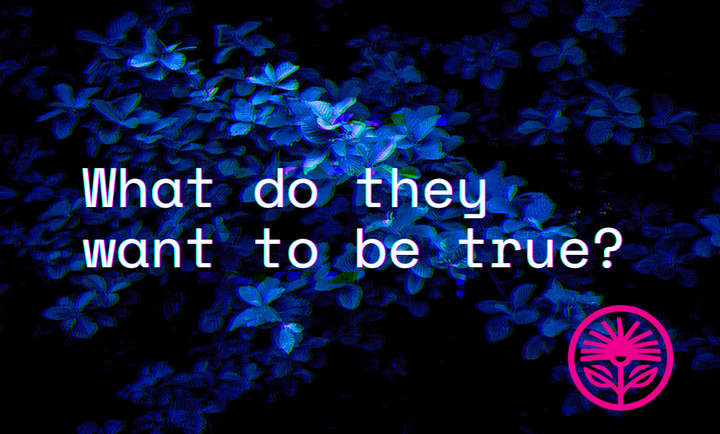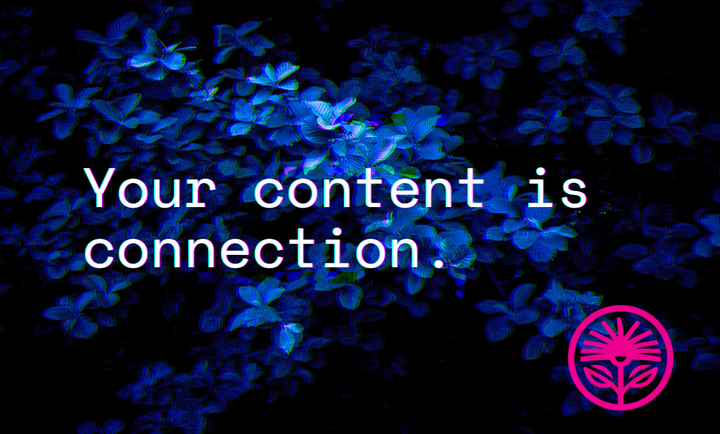The Marketer’s Law
Attention is a cost.

In our last edition, we discussed The Marketer’s Fallacy: That all attention is good, or that attention is all we need.
So what’s the reverse? What’s The Marketer’s Law?
It’s that all attention has a cost.
That’s not to say attention is something we can or should avoid—we can’t! We shouldn’t!
Only that we should think of it as something we pay for, not something that pays us.
Like a piece of equipment or a trusted vendor, attention is something we need and from which we indirectly benefit, but it’s not a compounding asset. It’s a cost of doing business.
And every entrepreneur gets to decide how much attention they want, and what they’re willing to pay for it.
But if we’re not in sole pursuit of fame and attention, what are we pursuing?
Profitable popularity.
The difference is that word “profit.” Of course, by “profit” we usually mean the money that’s left over after we’ve paid our costs. But it can have a deeper meaning, too.
It’s what’s left over everywhere after we’ve worked with a customer. Yes, what’s left over in money, but also what’s left in energy, enthusiasm, relationships, satisfaction, and happiness.
If we’re making boatloads of money and hating every minute of it, we’re up against Stein’s Law: what can’t go on forever will stop. It might look like profit on paper, for now, but it will look like every other business blow-up when it inevitably ends.
Likewise, if we’re currently profitable but we’ve burned every relationship in our life to get there, the bottom will fall out eventually.
Or if we’re making money but we’re spending more and more every day to keep it, the equation will flip on us at some point.
Every “overnight sensation” says the same thing: It didn’t happen overnight. It happened slowly.
In fact, it looked like it happened overnight because they spent most of the time operating in obscurity. The more “overnight” the sensation, the more obscure they’d been before the break.
Which means we need to be able to operate and continue operating even without fame, without mass attention, without virality. We need to be able to make money before we’re famous—and if we can do that, we may never have to deal with the additional costs of fame.
There’s no one path to anything, but one of the paths to profitable popularity is obsessive focus.
The ability to give up what isn’t working, to pass on distracting opportunities, and to stick to something long enough to let it pay off.
And what do you focus on?
What your best customers love most. The ones that don’t need convincing. The ones that would pay anything to get more of what you provide.
You dig into how they describe your value to others, and you focus obsessively on overdelivering on that value and demonstrating it at greater and greater distances.
Instead of paying for every customer, your best customers pay you back in referrals, returning business, and organic growth from profitable popularity.
Fame spreads you thin, but focus lets you apply greatest pressure where it matters most.
If you want to be famous, that’s great—lots of people do and some people even seem to enjoy it.
But what does every famous person and successful business say was the secret to their success?
You know it: Patience, hard work, and sticking with it through the long road of obscurity.
My suggestion is only that, instead of merely sticking with it, you make money and build a sustainable business while you’re still relatively obscure. So that you can afford the costs of fame and attention should they arrive.
And even if they don’t, you’re still able to build the business you want, for the customers who value you most.
For as long as you want to.



